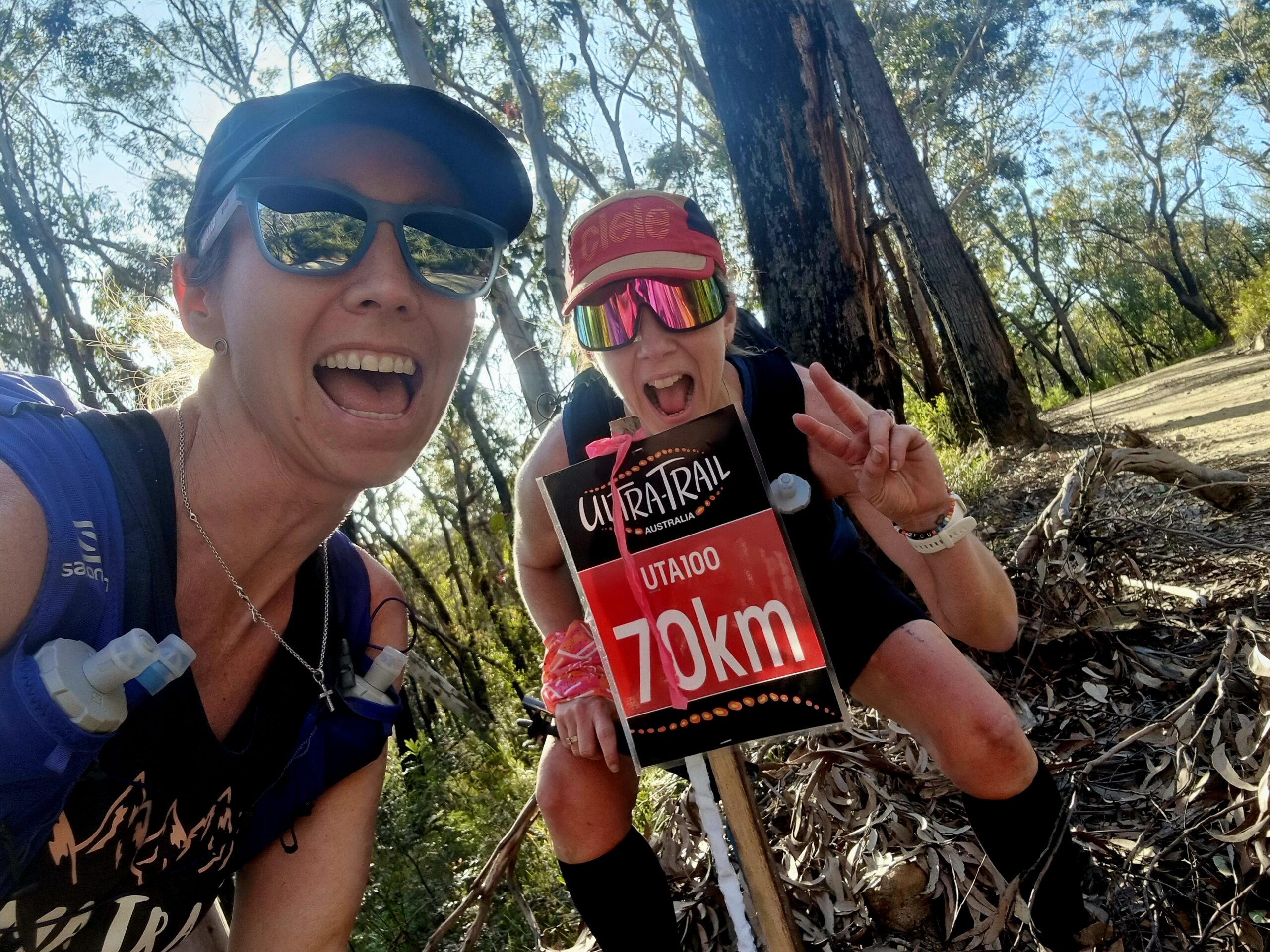
During an Ultra Event most people will need somewhere between 600-800mls of water per hour – ideally consuming 200mls every 15-20 mins. This may come from a sports drink mix or plain water – or in most situations a combination of the two.
Conducting your own home sweat tests can be a fantastic insight into how much fluid you have lost during exercise. It’s also free and relatively easy, and could be the difference between finishing the race and a DNF.
How to do this ?
- Using a digital scale – Weigh yourself prior to going running without your clothes on
- Complete your run – recording the time (minimum 45 mins)
- Strip off your clothes and weigh yourself again (towel off any sweat first if you need to)
- For every kilo you have lost is 1 litre of water (eg: 0.6 grams is 600mls)
Other useful data is the ambient temperature, the humidity (you can find this on most weather apps), what effort left you ran at (pace) and record if you took onboard any fluid during your run (approx. how much)
Start to record this data the over a few runs (or weeks if you like) – then you can estimate the amount you sweat each hour. I have seen some clients very surprised by their results – up to 1.2L per hour.
If you are completing an Ultra Run it is important that you replace most of the fluid lost each hour with water to remain hydrated throughout the entire event. Replacing sodium is also important for longer events (4 hrs +) when you are replacing more than 70% of your fluid losses. Sodium has an important role in the body of maintaining the osmolality of the blood, which in turn keeps the balance of water between the inside and outside of our body’s cells, so we maintain blood volume. It also influences the regulation of our overall amount of water via the kidneys and thirst mechanism. If blood volume is decreased it puts strain on your cardiovascular system, making it harder for your working muscles, and harder for your body to cool down.
For these longer races the majority of people will need around 300-600mg of Sodium per hour – this can come from sports drink, gels, chews, food (vegemite!) or by taking a sodium capsule. Some people lose as little as 200mg sodium per litre of sweat, at the other end of the scale there are people that lose 2000mg/litre.
When you combine the differences in sodium concentration in sweat, along with the variance in sweat rates (by individuals, AND with conditions changing ) – you can see there is a very large range of requirements for water and sodium. The guidelines given for each provide you some reference, but I strongly encourage your first step is to do some home sweat tests and figure out if you have a low, medium or high sweat rate.
Both Under and Over Hydration during a race can cause Fatigue, tummy trouble, muscle cramps and feeling very unwell. Hence the importance of knowing your own bodies needs, and also taking into account the conditions on the day – the temperature, the humidity, and how exposured to sunshine you will be. The more you sweat, the more water and sodium you will need.

